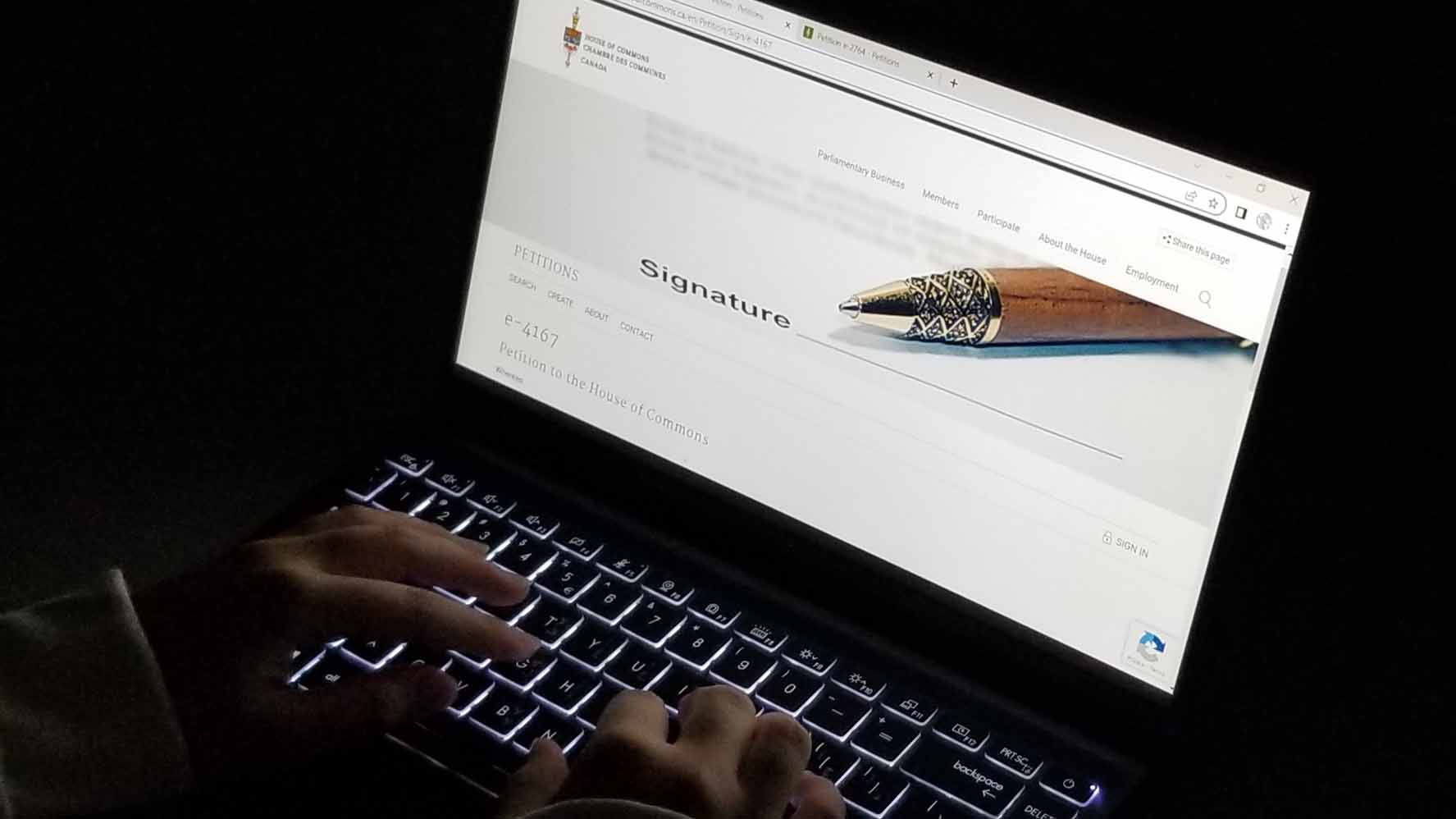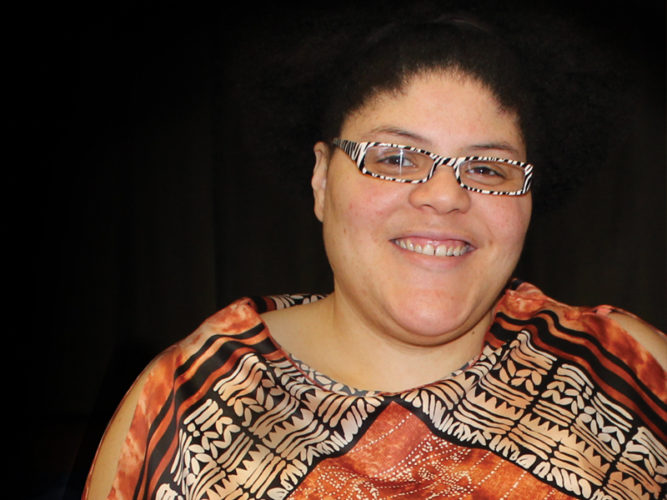African Nova Scotian group calls for apology from Ottawa
After first petition fails to generate apology, African Nova Scotian coalition tries again

caption
On Nov. 8, a federal petition was started calling for an official apology by the government of Canada for their role in the enslavement of African peoples.An African Nova Scotian coalition is petitioning the federal government for a second time, demanding an apology for their role in the enslavement of African Peoples.
Vanessa Fells, director of operations for the African Nova Scotian Decade for People of African Descent (ANSDPAD) Coalition, initiated the petition on Nov. 8.
“I hope that the government of Canada understands that what we are asking for is essentially just equity,” Fells said.
The initiative follows another petition tabled in the House of Commons in 2020. ANSDPAD also organized the first petition seeking an official apology and recognition of Emancipation Day. Related stories
The goal was 500 signatures, and it ended with over 1,500 signatures from 11 provinces. Emancipation Day was recognized for the first time on Aug. 1, 2021, but the apology was not delivered.

caption
Vanessa Fells of the African Nova Scotian Decade for People of African Descent says the federal government should apologize for its role in slavery.The petition idea started after the ANSDPAD Coalition was formed in 2016. They discussed hardships faced in African Canadian communities with a mission from the United Nations to Canada during that year.
Then, in 2017, a UN report called for an official apology by the Canadian government for their role in slavery, and to recognize African Canadians as a distinct group of people. The ANSDPAD initiated the petition in 2020 in support of the UN report.
The coalition asked MP Andy Fillmore to support the petitions, and he agreed, becoming the official sponsor. He declined an interview, but one of his staff members said in an email that Fillmore “is glad to work with ANSDPAD on this important issue.”
Fells said recognizing Emancipation Day is great progress, but finds it “a little weird” that an apology was not given after this recognition. She said she understands that issues like this take time.
A followup petition
The second petition is scheduled to end March 8, 2023. It also asks for the recognition of African people as a distinct group in Canada.
The petition mentions that there have been government apologies to many marginalized groups in Canada, but not to Black Canadians.
“Why can’t the Black community get an apology for the atrocities that we have suffered and continue to suffer?” Fells asked.
Fells said recognizing African Canadian people is very important because they “had a great hand in building the country.”
She said the government can’t recognize figures of African descent, such as Viola Desmond, without recognizing all other African Canadians.
“[They] recognize Viola Desmond … but yet [they] don’t recognize her and her ancestors as well as her descendants and people who are linked to her,” she said. “We don’t think that’s okay and we think that there needs to be a legislation that recognizes us.”
Fells is hopeful but even if there is no apology or recognition, the ANSDPAD Coalition will continue fighting.
‘Tolerated but not fully accepted’
Nova Scotia Sen. Wanda Thomas Bernard thinks an apology would be a big step forward. It “preps the stage” for governments to fully recognize inequalities and take measures to address long term issues.
When an apology is made, positive changes come along, Bernard said. For example, when the federal government apologized earlier this year to the No. 2 Construction Battalion — African Canadians who faced racism while fighting in the First World War — and their descendants, the result was recognition on Remembrance Day.
“The battalions were mentioned in many ceremonies and that felt good. You feel included. You feel like you belong. You feel like you’re important,” Bernard said.
To have the slavery apology request ignored makes African Canadians feel like they are not valued, and that they are being “tolerated but not fully accepted,” Bernard said.
Official recognition of African Canadians
African Canadians are categorized as a visible minority group, and for Bernard, that makes them “invisible.”
“Recognizing us as a distinct group would be another way of dealing with the systematic nature of anti-Black racism,” Bernard said.
As a senator, Bernard often hears from African Canadians. Most of what she hears is “a bit of confusion.” They are aware that apologies have been officially given to other groups, and they question why African Canadians haven’t received one.
“My ancestors were enslaved, they were treated as non-human, as less than human,” Bernard said. “When I think about that and think about that there’s been no apology, it leaves me to the question as to why.”
Despite that, Bernard said it’s important to acknowledge that the federal government “has made a number of attempts to address anti-Black racism.” For example, there is funding set aside for economic inequalities in African Canadian communities.
“We should be further along and we’re not,” Bernard said.
What’s next?
If the petition surpasses 500 signatures, Fillmore can present it to the House.
Bernard said receiving almost 200 signatures in 24 hours shows that “the people in the country want the government to speak up, apologize, and make that apology mean something,” she said.
About the author

Sondos Elshafei
Sondos is a fourth-year BJH student at the University of King's College. She has published articles in the Dalhousie Gazette and in magazines....
